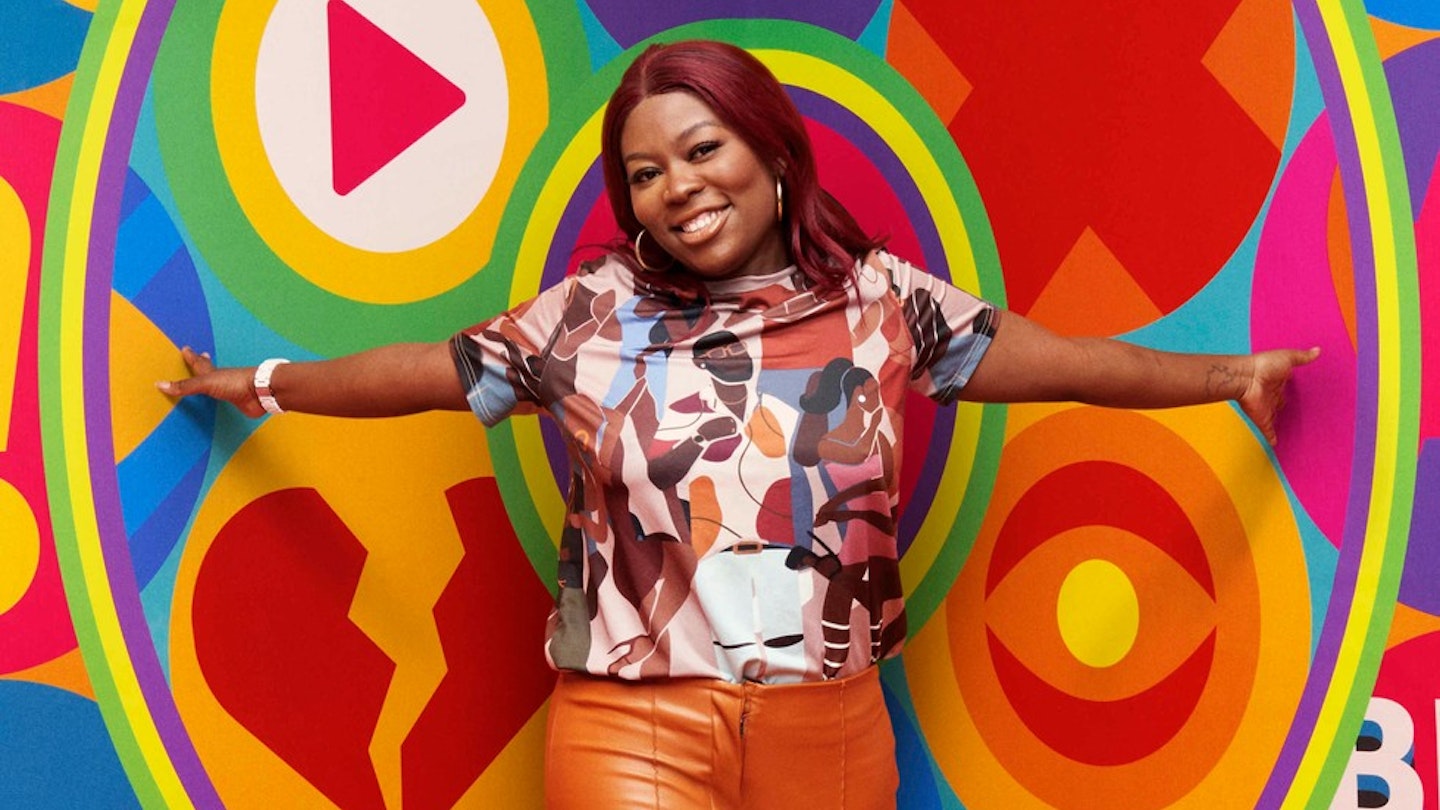When we heard that much loved and iconic TV show,Big Brother UK was making its return after a five year hiatus, the excitement was through the roof. We were witnessing history being made as the social experiment returned. In an era that many were using Love Island as a ladder to success, Big Brother differed, it was just… normal.
But that excitement started to fall short as we watched a rise in microaggressions, and the stereotypical and clichéd descriptions of a black woman being uttered by other housemates.
On launch night in October, in went six POC housemates. This felt like a win in the diversity world, as we know that is rare in reality TV, if we are being honest. But, while many POC were rejoicing at the normal people entering the house, without their looks or body type being highlighted, that feeling was cut short when Farida Khalifa, a muslim woman who fansbelieved was being bullied constantly, was evicted in the first week.
And in true British style, the next POC left – Zak Srakaew.Now the last two targets in the house are the dark-skinned women Trish Balusa and Noky Simbani. While Noky is flying under the radar and escaping the stereotypes being thrown around, Trish - a doting mum and overt feminist - has become the scapegoat.
The scene that reiterated the 'angry black woman' trope - and was most triggering and uncomfortable to watch - was during nominations in week three. The majority of the housemates nominated Trish. Now it wasn’t the fact that she was nominated (although Paul’s antics with keeping everyone up at night and Kerry’s outbursts during this week were more nomination worthy in my opinion) because that is the aim of the game right? But it was the words they used to describe her in their reasons for nominations.
To name a few: 'guns-blazing,' 'bull-dozing approach,' 'intimidating,' and my personal favourite from Kerry, 'a strong, independent woman but in a different way to me'. It isn’t something that is new, but I am sure it felt equally as irritating to every black woman that has been through something like this, and labelled these words.
Unfortunately, this is the stigma that many black girls are bombarded with on a daily basis. When they talk a decibel higher, they are automatically reprimanded as loud. And while many may believe the word loud doesn’t mean anything, it is the most loaded and stereotypical word to call a black woman.
Many of these stereotypes stem from the 19th century when white men would dress up in blackface to perform on stage, mocking black women in front of predominantly white audiences, who found this amusing and accepted these representations of the black woman as actuality.
But it’s not the first time we are seeing this on mainstream reality TV. Yewande Biala can testify to the narrative that was pushed on her. As she left the Love Island villa, she was branded 'so angry' by fellow contestant Arabella (who was in a love triangle with Yewande).
It isn’t just a local thing, it is also an international problem, as fans of Real Housewives of Beverly Hills will know, in regards to the treatment of housewife Garcelle Beauvais.Garcelle openly admitted that while she felt pressured as she was the ‘first Black woman’ to hold a diamond on the show, she refused to fall into the stereotype of 'an angry black woman,' even though she was in a broil with castmate Kyle Richards at the time.
It seems it is a trend, and unfortunately a trend that is seeming to carry on. And it makes one wonder, will we ever get to a point in which the 'angry black woman' stereotype will be debunked? Maybe reality TV will never be on a black woman’s side.
